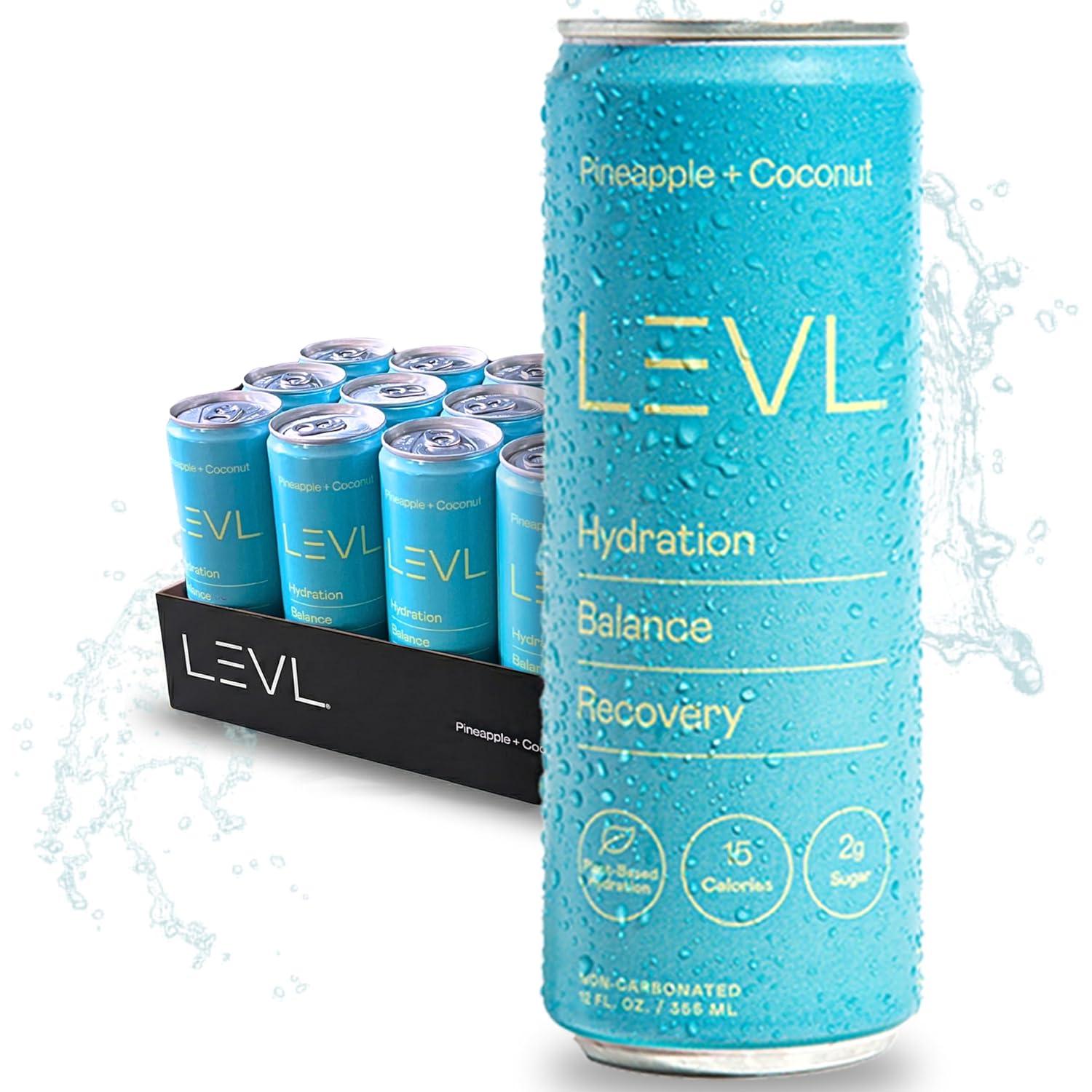In our fast-paced world, maintaining mental clarity is essential for effective decision-making and clear thinking. Whether in personal life or professional settings, the ability to think clearly can lead to better outcomes, reduced stress, and an overall improved quality of life. This article will explore various strategies to help you maintain mental clarity and sharpen your decision-making skills.
Understanding Mental Clarity
Mental clarity refers to the state of having a clear, focused mind that is free from confusion and distractions. It allows you to analyze information efficiently, weigh options thoughtfully, and make informed choices. Many factors can hinder mental clarity, including stress, lack of sleep, poor nutrition, and excessive distractions. Recognizing these factors is the first step toward fostering a clearer mindset.
1. Prioritize Sleep
Quality sleep is foundational for cognitive function. Studies show that insufficient sleep adversely affects memory, attention, and decision-making. Aim for 7 to 9 hours of sleep each night. Establishing a consistent sleep schedule and creating a relaxing bedtime routine can improve sleep quality.
- Sleep Hygiene: Keep your bedroom dark, cool, and quiet.
- Avoid Screens: Reduce screen time at least an hour before bed to facilitate better sleep.
- Mindfulness Before Sleep: Engage in relaxation techniques, like deep breathing or meditation.
2. Stay Hydrated
Dehydration can lead to difficulties in concentration and cognitive performance. Drinking enough water throughout the day can enhance mental clarity and cognitive function. Aim for at least 8 glasses of water a day, and more if you’re active.
- Hydration Reminders: Use apps or set alarms to remind you to drink water regularly.
- Infused Water: Add fruits or herbs to your water for flavor if plain water feels boring.
3. Nutrition Matters
Your brain requires proper nutrition to function optimally. Foods rich in antioxidants, good fats, vitamins, and minerals are essential for brain health. Consider including the following:
- Omega-3 Fatty Acids: Found in fish, flaxseeds, and walnuts, these improve cognitive function.
- Fruits and Vegetables: They provide essential vitamins and antioxidants that protect brain health.
- Nuts and Seeds: These are great snacks that are brain-friendly and provide healthy fats.
4. Exercise Regularly
Physical activity is not only good for your body but also for your mind. Exercise improves mood, reduces stress hormones, and boosts brain function. Aim for at least 150 minutes of moderate aerobic activity each week.
- Simple Activities: Walking, jogging, yoga, or swimming can all boost your mental clarity.
- Consistency is Key: Find an exercise routine that you enjoy, making it easier to stick with it long-term.
5. Mindfulness and Meditation
Mindfulness and meditation practices can significantly enhance mental clarity. These techniques improve focus, reduce stress, and boost emotional intelligence. Allocating just a few minutes daily can lead to substantial benefits.
- Start Small: Begin with a few minutes of focused breathing or guided meditation.
- Apps and Resources: Consider using mindfulness apps that can guide you through practices.
6. Limit Distractions
In our digitally connected world, distractions abound. Limiting interruptions can greatly enhance your cognitive processes. Here are some effective ways to do so:
- Create a Distraction-free Zone: Designate a space for work or study that is free from distractions.
- Use Tools: Utilize apps that block distracting websites or limit notifications during focus times.
- Set Boundaries: Communicate with others about your need for uninterrupted time.
7. Organize Your Thoughts
Having a cluttered mind can prevent clear thinking. Organizing your thoughts through planning techniques can help. Techniques to consider include:
- Mind Mapping: This visual tool can help structure thoughts and ideas.
- Journaling: Writing down your thoughts can provide clarity and organize your mental space.
- Prioritization: Use techniques like the Eisenhower Matrix to prioritize tasks based on urgency and importance.
8. Foster Social Connections
Social support can enhance mental clarity; interacting with others can help you gain different perspectives and insights. Make time for friends and family, and don’t hesitate to engage in deep conversations that challenge your thoughts.
- Join Groups: Engage in community groups or clubs that align with your interests.
- Regular Catch-ups: Schedule regular meetups or virtual calls with friends and family.
Conclusion
In conclusion, maintaining mental clarity involves a holistic approach that includes prioritizing sleep, hydration, nutrition, exercise, mindfulness, and social connections while minimizing distractions. Implementing these strategies into your daily routine can foster clearer thinking and better decision-making. Remember, clarity is not just a state of mind; it’s a lifestyle choice that can dramatically enhance your everyday experiences!
Frequently Asked Questions
1. How can I improve my mental clarity quickly?
A quick way to boost mental clarity is to take a short walk, hydrate, or practice deep breathing for a few minutes.
2. Is meditation necessary for mental clarity?
Meditation is not necessary, but many find it beneficial for enhancing focus and reducing stress.
3. Can poor nutrition affect my mental clarity?
Yes, poor nutrition can lead to cognitive deficits, whereas a balanced diet supports brain health.
4. How much sleep do I need for optimal mental clarity?
Most adults need between 7 to 9 hours of quality sleep each night for optimal brain function.
5. What are some signs of decreased mental clarity?
Signs include difficulty concentrating, forgetfulness, poor decision-making, and feeling mentally fatigued.





